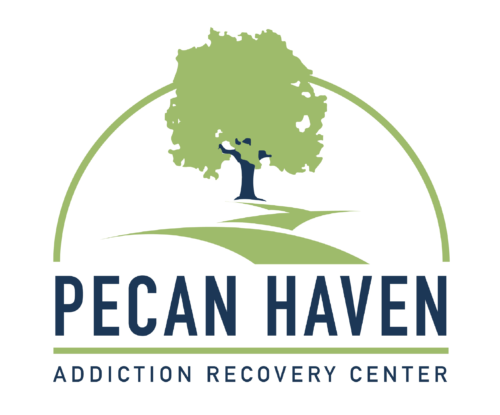Chances are pretty good that you know someone who has struggled, or is currently struggling, with addiction. Millions of people in the United States alone abuse substances– and the numbers are seemingly only increasing.
Dealing with addiction is very difficult, and seeking recovery can seem like an impossible, insurmountable goal for many people. The difficulties of struggling with substance dependence and addiction cannot be overstated– addiction is a disease that throws entire lives off track.
However, those dealing with addiction are not entirely alone in this struggle. Addiction has a negative impact on everyone, not just the person who’s addicted to a substance.
Their friends, families, partners, and coworkers can also be negatively impacted by their addiction.
How does drug addiction affect addicts’ loved ones?
When someone is dealing with addiction, their primary focus becomes acquiring and using their substance of choice. Often, that substance becomes more of a priority to them than any other part of their life.
For members of their families and partners, this means that the routines of daily life can be drastically impacted, leaving life unpredictable and even frightening.
This is especially negative for families raising children, since having a set routine is very important for healthy child development.
Plus, the very nature of the relationship that two people enjoy might become very different when one of them is addicted to a substance. What was once a loving, positive relationship might turn contentious or even abusive.
In short, anyone in close contact with someone who’s struggling with addiction can face major disruptions in their daily lives and relationships.
How can loved ones be supportive of someone struggling with addiction?
In order to effectively support someone in your life who is currently dealing with addiction or seeking recovery, you should remember to take care of yourself, too.
While your loved one is certainly going through a difficult time, you won’t be able to effectively support them without tending to your own physical, emotional, and spiritual needs, too.
Often, the loved ones of someone struggling with addiction will put their own needs last. While this might seem selfless, it’s actually unsustainable– and it does them a disservice. How can you take care of anyone else if you aren’t taking care of yourself?
There’s also an important distinction between supporting someone who’s dealing with addiction and enabling them.
Substance abuse often leads to money problems, since the person dealing with addiction is doing everything in their power to obtain their drug of choice, with little regard for the negative financial consequences that this might lead to.
Family members and other loved ones might be tempted to offer financial support in some way– but ultimately, this isn’t a good idea.
Instead of offering any financial support to your loved one, offer mental and emotional support. It might also be helpful to offer material support in some way– for example, giving your newly recovering loved one a place to stay or helping them find work.
What should I do if a loved one is struggling with addiction?
It’s not easy to watch someone you love deal with addiction in any capacity. It can be overwhelming and distressing to you, and can really disrupt your life and your family’s wellbeing.
If you’re currently dealing with a situation like this, know that things can get better. If your loved one is ready to seek recovery, Pecan Haven is a great place to start. We’re an addiction recovery center dedicated to getting your life back on track.
If you’d like to learn more about our services, or would like to inquire about admissions, please give us a call, reach out online, or fill out our online assessment to get started. We’re here to help.
